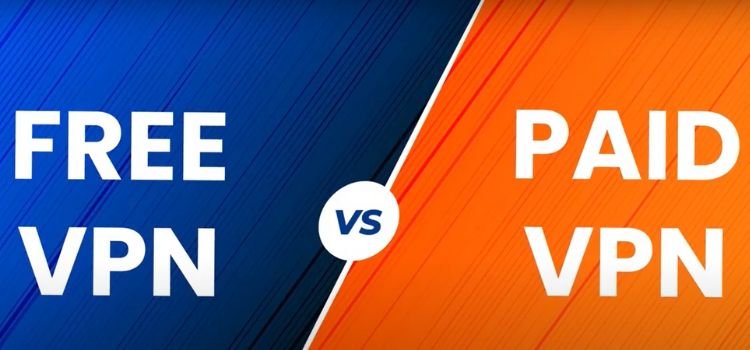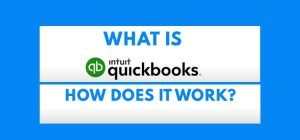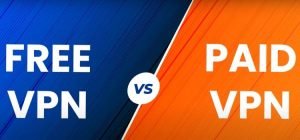Free vs paid VPNs are the best solutions for protecting your online privacy, but which is better? In today’s world, where so much of what we do happens online, a VPN is essential to keep your information safe. Choosing between a free VPN and a paid one can be confusing. Free options might seem appealing because they cost nothing, but they usually come with drawbacks.
Paid VPNs, on the other hand, promise stronger security and better features, but they aren’t free. In this guide, I’ll share what I’ve learned to help you decide which option is best for your needs.
Table of Contents
What is a VPN?
A VPN is a tool that hides your internet activity. It protects your data from hackers, advertisers, and other prying eyes. Think of it as a secure tunnel for your online traffic, keeping everything private. This layer of protection is especially important in an age where cyber threats and data breaches are becoming more common.
There are two main types of VPNs:
- Free VPNs: No cost, but often limited in features and reliability.
- Paid VPNs: Requires a subscription but offers better performance, security, and user experience.
Let’s compare these options to help you decide which one fits your needs best.
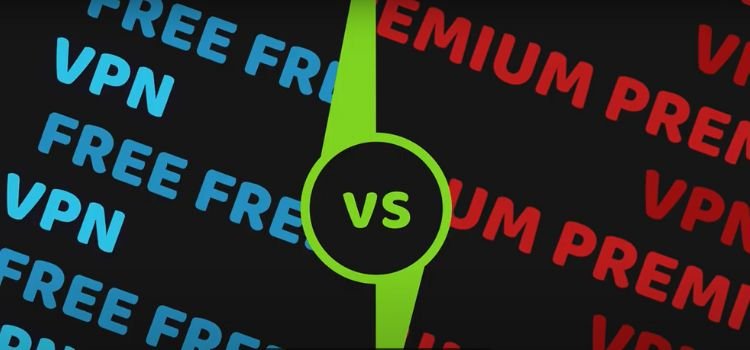
The Pros and Cons of Free VPNs
Free VPNs can seem appealing, especially if you’re looking to save money. However, there’s more to the story than meets the eye.
Pros:
- No Cost: Free VPNs are budget-friendly, making them accessible to everyone, especially those who can’t afford to pay for premium services.
- Easy to Access: Downloading and starting a free VPN takes only a few minutes, with no need for credit cards or complicated setups.
- Basic Privacy: While limited, free VPNs do provide a degree of privacy by masking your IP address and encrypting basic internet traffic. This can be helpful for occasional users.
Cons:
- Limited Features: Free VPNs often cap your data usage, sometimes at just 500 MB per month. This barely covers casual browsing, let alone streaming or large downloads.
- Slow Speeds: Overcrowded servers make free VPNs painfully slow. This can ruin your experience, especially if you’re trying to stream or download files.
- Privacy Risks: Many free VPNs generate revenue by tracking your online activity and selling that data to advertisers. Ironically, this compromises the very privacy you’re trying to protect.
- Ads and Pop-Ups: Frequent interruptions from ads can make browsing unpleasant. Some even redirect you to questionable websites.
The Pros and Cons of Paid VPNs
Paid VPNs come with a cost, but they often justify it by delivering superior performance and reliability. Let’s look at the advantages and potential downsides.
Pros:
- Stronger Security: Paid VPNs use advanced encryption protocols to protect your sensitive information. They’re designed to safeguard your data from hackers, even on public Wi-Fi.
- Faster Speeds: Premium VPNs maintain high-quality servers with fewer users, ensuring faster connections. This is perfect for streaming HD videos or gaming.
- Unlimited Data: With no restrictions on data usage, you can browse, stream, and download as much as you want without worrying about hitting a limit.
- No Ads: Unlike free services, paid VPNs provide an ad-free experience, allowing you to focus on your tasks without distractions.
- Customer Support: Reliable customer service is available 24/7 to help you resolve any issues, making the service more user-friendly.
Cons:
- Costs Money: Paid VPNs require a monthly or yearly subscription, often ranging from $5 to $15 per month. While this may seem like a downside, many users find the investment worthwhile for the added security and features.
- Setup Time: Some VPNs come with advanced settings that may take time to understand, especially for beginners. However, most providers offer tutorials and guides to make this easier.
While travelling, I tried a free VPN to access restricted websites and protect my data on public Wi-Fi. At first, it worked decently, but soon the connection slowed down, and ads became unbearable. Streaming videos was out of the question due to constant buffering.
Frustrated, I switched to a paid VPN service. The difference was remarkable. Speeds were fast, connections were stable, and my data felt secure. I could stream movies, work online, and browse without interruptions. The peace of mind it provided was worth every penny. If you value reliability and privacy, I’d highly recommend investing in a paid VPN.
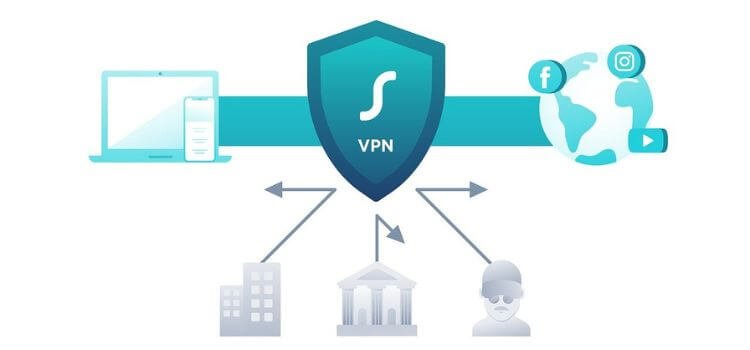
Free vs Paid VPNs Comparison in 2025
Here’s a side-by-side comparison of what you get with free and paid VPNs:
| Feature | Free VPNs | Paid VPNs |
|---|---|---|
| Cost | Free | $5-$15/month |
| Speed | Slow | Fast |
| Data Limit | Limited (e.g., 500 MB/month) | Unlimited |
| Security | Basic | Advanced |
| Ads | Frequent | None |
| Customer Support | Rare or None | 24/7 Support |
VPN Statistics
- Global Usage: Over 30% of internet users rely on VPNs for online privacy, reflecting the growing need for online security.
- Why People Use VPNs: Surveys reveal that 60% of users prioritize data protection, while others use VPNs to access restricted content or bypass censorship.
- Free vs Paid Preferences: Approximately 75% of VPN users choose paid services due to their enhanced reliability and features.
These numbers highlight the increasing awareness and demand for VPN services worldwide.
Why Privacy Shouldn’t Be Free?
Seeing ads for products you just searched for? Websites and apps track your online behaviour to target you with ads. While a free VPN might block some tracking, it’s often not enough. Worse, many free VPNs sell your data to advertisers. Paid VPNs, on the other hand, are committed to safeguarding your privacy. They follow strict no-logs policies, ensuring that your online activities remain private.
Key Questions Before Choosing a VPN
When deciding between free and paid VPNs, consider these questions:
- What’s your budget? Paid VPNs offer more features and reliability but require an investment. Are you willing to pay for better security?
- How much data do you use? If you frequently stream, download, or game online, a paid VPN is your best option for unlimited data and high speeds.
- How important is your privacy? Free VPNs often compromise your privacy to generate revenue. Is your data worth saving a few dollars?
How to Choose a Paid VPN?
If you’ve decided to invest in a paid VPN, here are some tips to find the best one for you:
- Reputation: Opt for well-known providers like NordVPN, ExpressVPN, or Surfshark. Check user reviews and expert opinions.
- Features: Look for no-logs policies, compatibility with multiple devices, high-speed servers, and strong encryption protocols.
- Pricing: Compare plans and look for discounts on annual subscriptions to save money.
- Trial Periods: Choose services that offer free trials or money-back guarantees, so you can test them before committing.
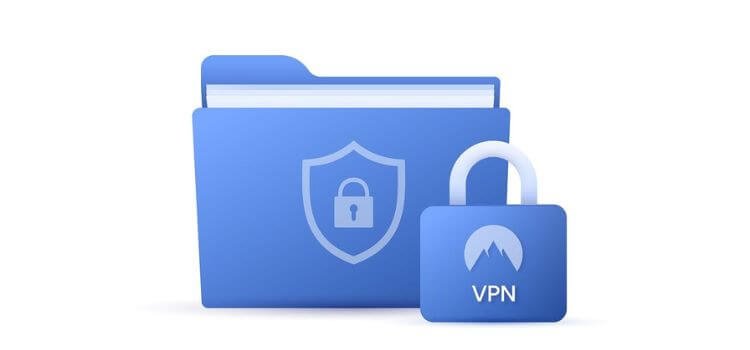
Frequently Asked Questions
Are free VPNs safe to use?
Free VPNs can provide basic protection, but many of them come with risks. Some free VPNs may track and sell your data to advertisers, and their security features might not be as strong as those of paid VPNs. Always research a free VPN before using it to ensure it has a good reputation.
What are the main benefits of paid VPNs?
Paid VPNs offer enhanced security features, faster speeds, unlimited data, and access to a larger number of servers. They also tend to have no-logs policies and reliable customer support, making them a safer and more user-friendly option.
Can I stream or download using a free VPN?
Most free VPNs have data limits and slower speeds, which can make streaming or downloading files frustrating. If you plan to use a VPN for these purposes, a paid VPN is usually a better choice as it provides faster speeds and no data caps.
How much does a paid VPN cost?
Paid VPNs usually cost between $5 and $15 per month, but many providers offer discounts for yearly subscriptions. Some even offer free trials or money-back guarantees so you can test the service before committing.
What should I look for when choosing a VPN?
When choosing a VPN, consider factors like security features, speed, server locations, compatibility with your devices, and whether the provider has a no-logs policy. For paid VPNs, look for trial periods or guarantees to ensure the service meets your needs.
Final Thoughts
Choosing between a free and paid VPN depends on your priorities. If you need basic protection and don’t mind limitations, a free VPN might work. But if you value speed, privacy, and reliability, investing in a paid VPN is worth it. Think of it as buying a quality lock for your digital life—your safety and peace of mind are priceless.
This post contains affiliate links. I may earn a commission if you make a purchase through them, at no extra cost to you.

